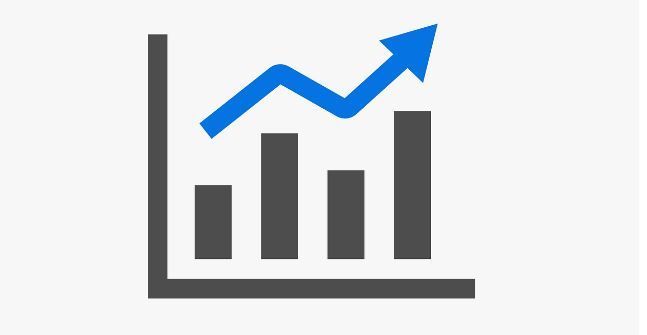What's the difference between statutory and management accounts
As a small business owner you might be requested to provide statutory accounts or management accounts to your bank or a government agency. In these circumstances "statutory accounts" is a confusing term because the chances are that you can prepare your accounts any way you want. The Australian Taxation office does not care as long as you can produce evidence to justify the amounts that you have entered in your tax return. A simple spreadsheet might suffice.
1. What are statutory accounts?
For a small business company, the term statutory accounts is code for the following
- Directors' report – giving an overview of business strategy and performance, key achievements and the company’s overall financial position. It will also cover shareholder information, dividends and broader information about the company.
- Profit and loss statement – to outline the income coming into the business, and the expenditure going out over the course of the year. This is the key indicator of the profitability of the business during the preceding year.
- Balance sheet – to give a snapshot in time of the assets, equity and liabilities in the business. This is an indication of the financial health of the company on the date that the accounts are produced and is a useful report for lenders to review.
- Statement of Cash Flows – so you can see your cash inflows and outflows over the course of the period and reconcile them to your operating results.
- Statement of Changes in Equity - to show how your equity has changed from the start to the end of the period.
- Notes to the Financial Statements – which contain supplementary details on your accounting policies, significant estimates, disclosures, and other relevant information for a comprehensive understanding of the financial statements.
2. What are management accounts?
The term "management accounts" usually means a Profit and Loss Statement and a balance sheet drawn directly from the accounting software you use to enter your transactions, prepare your bank reconciliations and your business activity statements. In most cases you would provide the management accounts yourself but you would engage your accountant to prepare statutory accounts.
3. Both are useful
Management accounts provide you with useful information to assess day to day performance. You can see trends in revenue and expenses. You can see whether your bank balance is increasing or decreasing. You might even like to develop a dashboard to highlight the key performance indicators which are important to you. A dashboard can save you having to plough through figures every week or month.
Statutory accounts take time-related issues into account and can provide much more accurate and in-depth information about performance and business health. These accounts might make adjustments for debtors, changes in stock levels, prepayments, depreciation, creditors, GST and income tax liabilities, provisions (for doubtful debts etc.) contingencies and so on. Sometime the statutory accounts can be a significant reality check. They are also designed to ensure that you comply with taxation and other laws.
Need help? We are a click away.


















